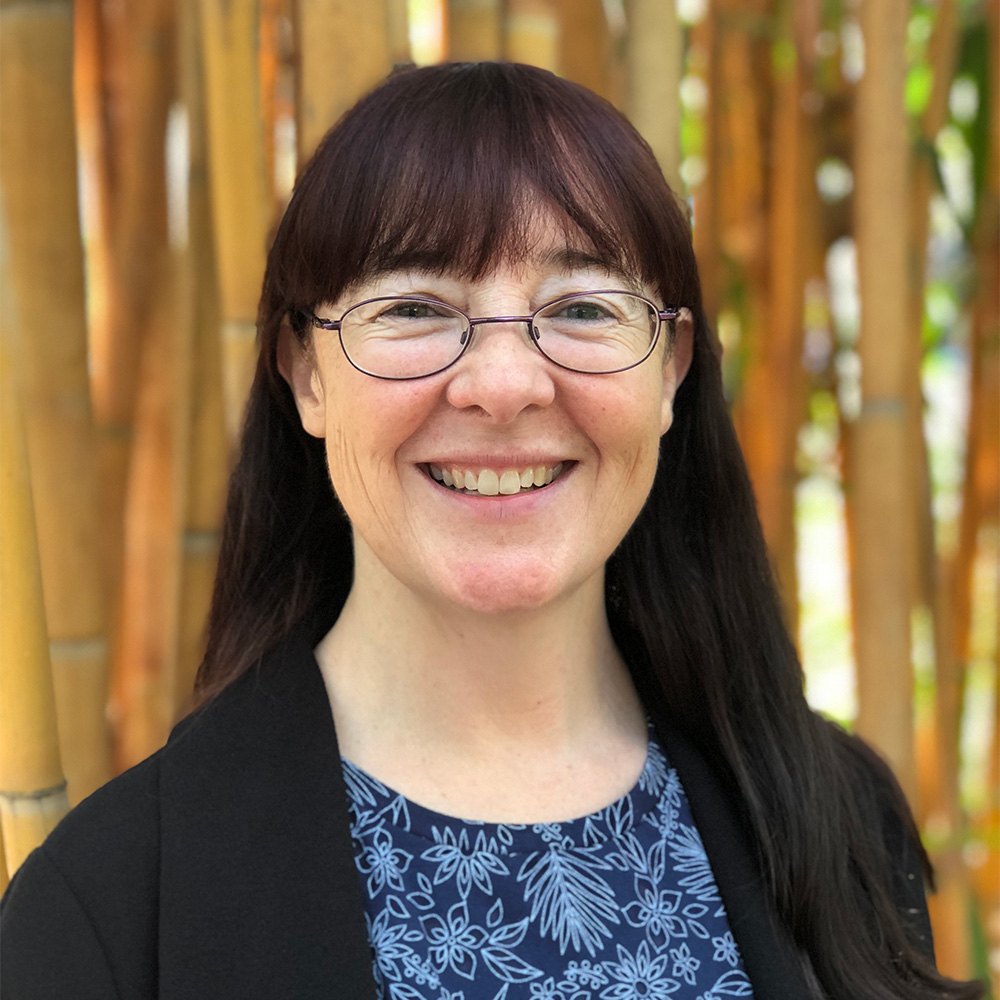Top Tips for Audio Script Writing
Write the way you speak: Use everyday language and practice reading your script aloud. Rewrite any phrases or sentences that sound clunky or too formal.
Capture attention quickly: What’s the most interesting element of your story – the first thing you would tell a friend? Put this at the beginning of your script.
Limit sentence length: Aim for a maximum word count of 25 words per sentence.
Simplify your sentence structure: Avoid subjective clauses. Keep sentences short and simple. Replace subjective clauses with full stops. Here is an example: “Paris, a city in France, is located on the River Seine. Instead: “The French capital of Paris is located on the River Seine”.
Put information in logical order: You can’t go back and “re-listen” to audio in the same way you can re-read something you didn’t understand when you read it the first time. Make sure you put information in the order in which it needs to be heard, in order to be understood.
Talk to the audience: Whether you are writing for a podcast or radio show, the fastest way to improve your writing is to imagine and speak to your typical listener. If your show is about football, imagine a football fan. If your show is about an issue like climate change, your script should address someone who cares about the environment.
Structuring Your Script
Current affairs packages, radio shows and podcasts need an introduction to explain what the story is, why it’s important, and to provide context for the rest of the piece. This is called a ‘cue’ or ‘intro’, and should take no longer than 30 seconds to read.
Next, begin your audio story. You could start with:
- Natural sound of the location to draw the listener into the story
- A short, strong quote from one of your interviewees, followed by script to explain who the speaker is and put the quote into context
- Your voice from the studio or location, describing the story
- Your first interview, if your show consists of more than one interview
- The first answer in a discussion, if your show consists of multiple guests talking about a topic
There are some excellent guides to writing for specific formats, and here is a selection:
- How audio stories begin, NPR Training
- News writing for television and radio, University of Florida
- Writing radio news features, Understand Media
- How to make a great radio package, BBC
- Scripting for the radio documentary, Radio New Zealand
- How to write a podcast script, Castos
If you want to learn more about writing for radio and television broadcast, visit the Writing for Broadcast chapter of the Investigative Journalism Manual.


